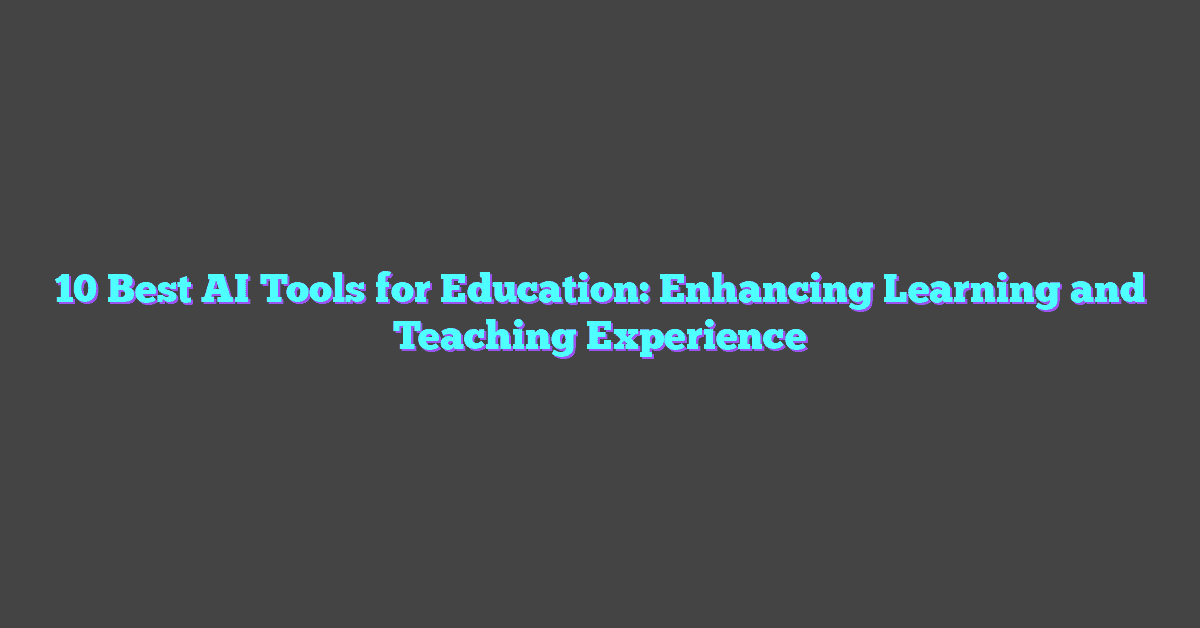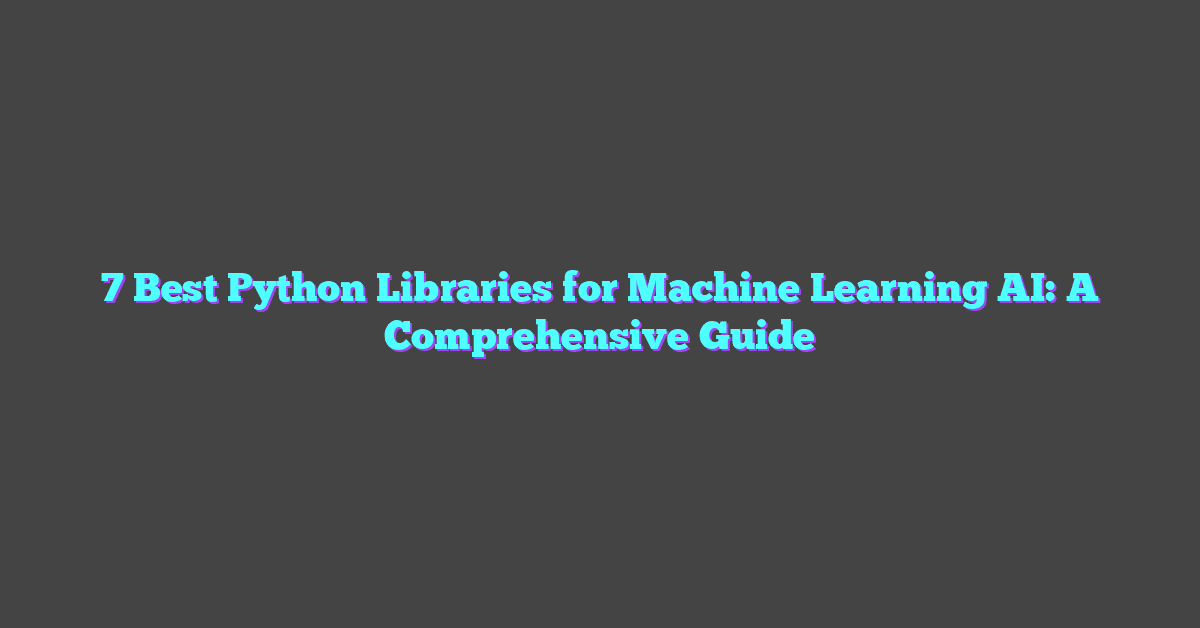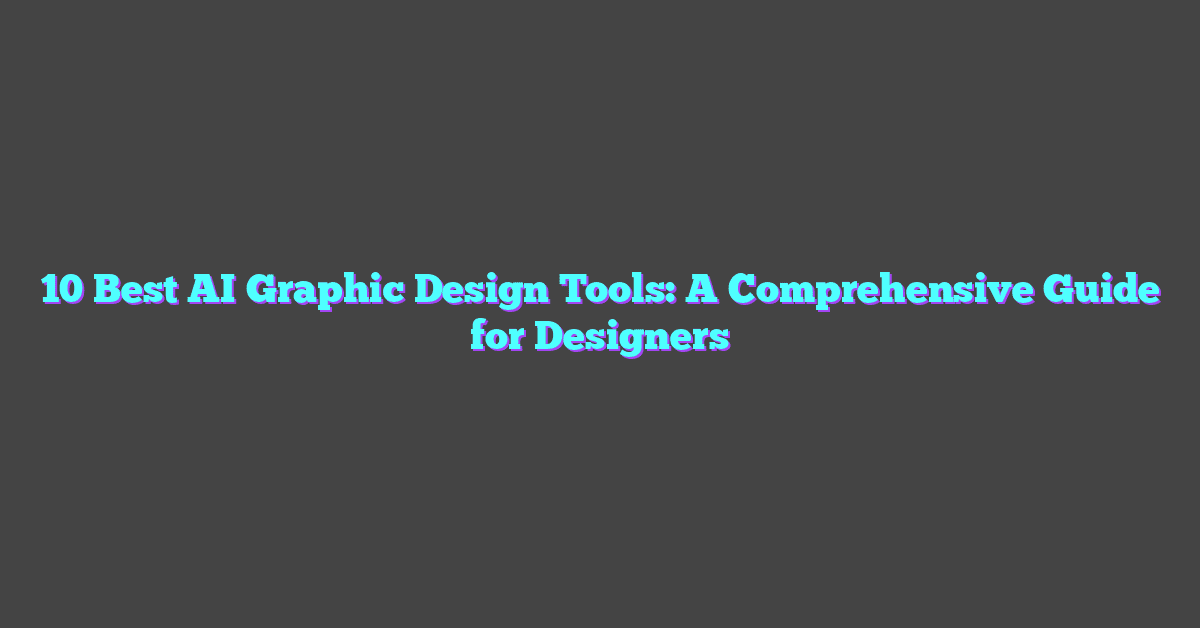Artificial intelligence isn’t just a buzzword; it’s transforming the way we live and work. From healthcare to finance and even entertainment, AI is making waves across various industries. Imagine a world where medical diagnoses are faster and more accurate, financial transactions are more secure, and your favorite movies are recommended with uncanny precision.
AI’s reach extends far beyond what most of us might think. In education, it’s personalizing learning experiences for students. In agriculture, it’s optimizing crop yields and reducing waste. Each field is harnessing the power of AI to solve unique challenges and improve efficiency. Dive in to explore how AI is revolutionizing different sectors and shaping a smarter future.
AI in Healthcare
AI in healthcare is revolutionizing the way medical professionals diagnose and treat patients. With advanced machine learning algorithms, AI is enhancing the precision of medical care.

Improving Diagnostic Accuracy
AI-driven diagnostic tools have improved accuracy rates for various conditions. For example, AI algorithms can analyze medical images, such as X-rays and MRIs, to detect abnormalities that might be overlooked by human eyes. In breast cancer detection, AI has shown to outperform radiologists by reducing false positives and negatives, as noted in a study published in “Nature.” Additionally, algorithmic models in pathology help identify different types of cancer cells more efficiently than traditional methods.
Enhancing Treatment Personalization
AI also helps personalize treatment plans based on individual patient data. By analyzing genetic information, lifestyle factors, and medical history, AI systems can recommend specific treatments that are more likely to succeed for each patient. For instance, AI-powered platforms like IBM Watson for Oncology offer tailored chemotherapy options by comparing a patient’s profile to a vast database of clinical evidence. This leads to more effective treatment paths. Machine learning models help predict patient responses to medications, reducing adverse effects and improving overall outcomes.
With these advancements, AI continues to play a crucial role in enhancing healthcare delivery and patient care.
AI in Automotive Industry
AI is making significant strides in the automotive industry, driving innovations and improving efficiencies across the board.
Autonomous Vehicles
AI fosters the development of autonomous vehicles, enabling them to navigate complex environments. These vehicles use advanced machine learning algorithms and computer vision to analyze surroundings, make decisions, and predict potential hazards. Tesla’s Autopilot and Waymo’s self-driving cars exemplify how AI reduces human intervention and enhances safety. Real-time data processing allows these vehicles to adapt to changing conditions, minimizing the risk of accidents.
Production Optimization
Artificial intelligence optimizes production processes, enhancing efficiency and reducing waste. AI systems analyze data from sensors and IoT devices to predict equipment failures, schedule maintenance, and streamline assembly lines. Companies like BMW and Toyota use AI-driven predictive maintenance to reduce downtime and ensure peak performance. By analyzing vast amounts of data, AI algorithms identify patterns, making manufacturing more agile and responsive to market demands. This approach not only lowers costs but also improves product quality.
AI in Finance
AI significantly impacts the finance sector by boosting efficiency, accuracy, and security measures. This section explores the transformative effects of AI in algorithmic trading and fraud detection.
Algorithmic Trading
Algorithmic trading uses AI to execute trades at optimal times. Algorithms analyze vast amounts of data and predict market trends with high accuracy. For instance, AI identifies patterns and anomalies faster than human traders, increasing profitability and reducing risks. Companies like Goldman Sachs and Citadel employ AI-driven trading systems to improve decision-making and respond quickly to market changes.
Fraud Detection and Prevention
Fraud detection and prevention in finance benefit greatly from AI. Machine learning models analyze transaction patterns, flagging suspicious activities promptly. For example, payment processors like Visa and PayPal utilize AI systems to identify and mitigate fraud in real-time. These systems continually learn and adapt, improving their accuracy in detecting fraudulent behaviors and minimizing false positives, thus protecting both financial institutions and consumers.
AI in Entertainment
AI is reshaping the entertainment industry, enhancing user experiences, and creating innovative content. This transformation spans various subfields, including content personalization and game development.
Content Personalization
In entertainment, AI-driven content personalization tailors recommendations to individual preferences, significantly enhancing user engagement. Platforms like Netflix and Spotify use AI algorithms to analyze viewing and listening patterns, offering personalized suggestions. Machine learning models process vast amounts of data to identify user tastes and predict content choices, optimizing the viewing experience and keeping users hooked. For instance, Netflix’s recommendation system accounts for over 80% of the content watched on the platform.
Game Development
AI revolutionizes game development by adding layers of complexity and realism. Game developers employ AI to create responsive, adaptive, and intelligent non-player characters (NPCs), enhancing the gaming experience. Deep learning techniques allow NPCs to learn and adapt to player behavior, providing more challenging and immersive gameplay. Ubisoft and EA Games utilize AI to streamline development processes by automating testing and debugging, reducing production time and improving game quality. Furthermore, AI-powered procedural content generation enables the creation of expansive, dynamic game worlds without extensive manual input.
AI in Education
Artificial intelligence is transforming the education sector by enabling personalized learning experiences, automating administrative tasks, and enhancing educational accessibility. These changes promise to create a more efficient and adaptive learning environment.
Adaptive Learning Technologies
Adaptive learning technologies employ AI to tailor educational content to individual learners’ needs. By analyzing data such as students’ performance, learning pace, and preferred learning styles, AI algorithms can provide customized exercises and resources. For example, platforms like DreamBox and Knewton use adaptive learning to adjust content difficulty based on real-time student performance. This personalization helps address gaps in understanding and supports mastery of subjects at an individualized pace, enhancing overall learning outcomes.
Automating Administrative Tasks
AI is streamlining administrative responsibilities in educational institutions, allowing educators to focus more on teaching. AI-powered tools can handle tasks such as grading, scheduling, and maintaining records. For instance, AI-based grading systems can quickly evaluate multiple-choice and short-answer questions, providing instant feedback and saving teachers considerable time. Additionally, tools like Google’s AI-based Duplex can assist in scheduling and managing appointments, reducing the burden on administrative staff. By automating these repetitive tasks, AI improves operational efficiency and frees up valuable time for educators and administrators.
Conclusion
AI’s influence across various fields is undeniable and continues to grow. From revolutionizing healthcare to transforming education, it’s clear that AI is reshaping how industries operate and innovate. As these technologies advance, they promise to bring even more significant improvements and efficiencies. Embracing AI can lead to a future where tasks are streamlined, experiences are personalized, and new possibilities are unlocked.
Frequently Asked Questions
What is the impact of AI on healthcare?
AI significantly improves healthcare by enhancing diagnostic accuracy, predicting patient outcomes, and personalizing treatment plans. It also streamlines administrative tasks, allowing medical professionals to focus more on patient care.
How is AI revolutionizing the automotive industry?
AI is driving automotive innovation through the development of autonomous vehicles, enhancing safety features, and optimizing traffic management systems. It also aids in predictive maintenance and enhances the overall driving experience.
What role does AI play in manufacturing?
AI optimizes manufacturing processes by improving supply chain management, predicting equipment failures, and increasing production efficiency. It also enhances quality control through real-time monitoring and predictive analytics.
How is AI used in finance?
In finance, AI is used for algorithmic trading, fraud detection, and personalized banking experiences. It helps financial institutions analyze vast datasets to make more informed decisions and manage risks more effectively.
What influence does AI have on the entertainment industry?
AI transforms the entertainment industry by creating personalized content recommendations, automating video editing, and generating realistic visual effects. It also enhances user experiences through interactive and immersive technologies like VR and AR.
How does AI enhance personalized learning in education?
AI enables personalized learning by tailoring educational content to individual student needs and learning styles. Adaptive learning technologies adjust lessons in real-time, ensuring a more customized and effective educational experience.
What administrative tasks can AI automate in education?
AI automates various administrative tasks such as grading, scheduling, and attendance tracking. This allows educators to devote more time to teaching and interacting with students, enhancing the overall learning environment.
How does AI improve educational accessibility?
AI improves educational accessibility by providing resources in multiple languages, offering real-time translations, and creating materials for students with disabilities. It ensures that educational content is accessible to a diverse range of learners.




